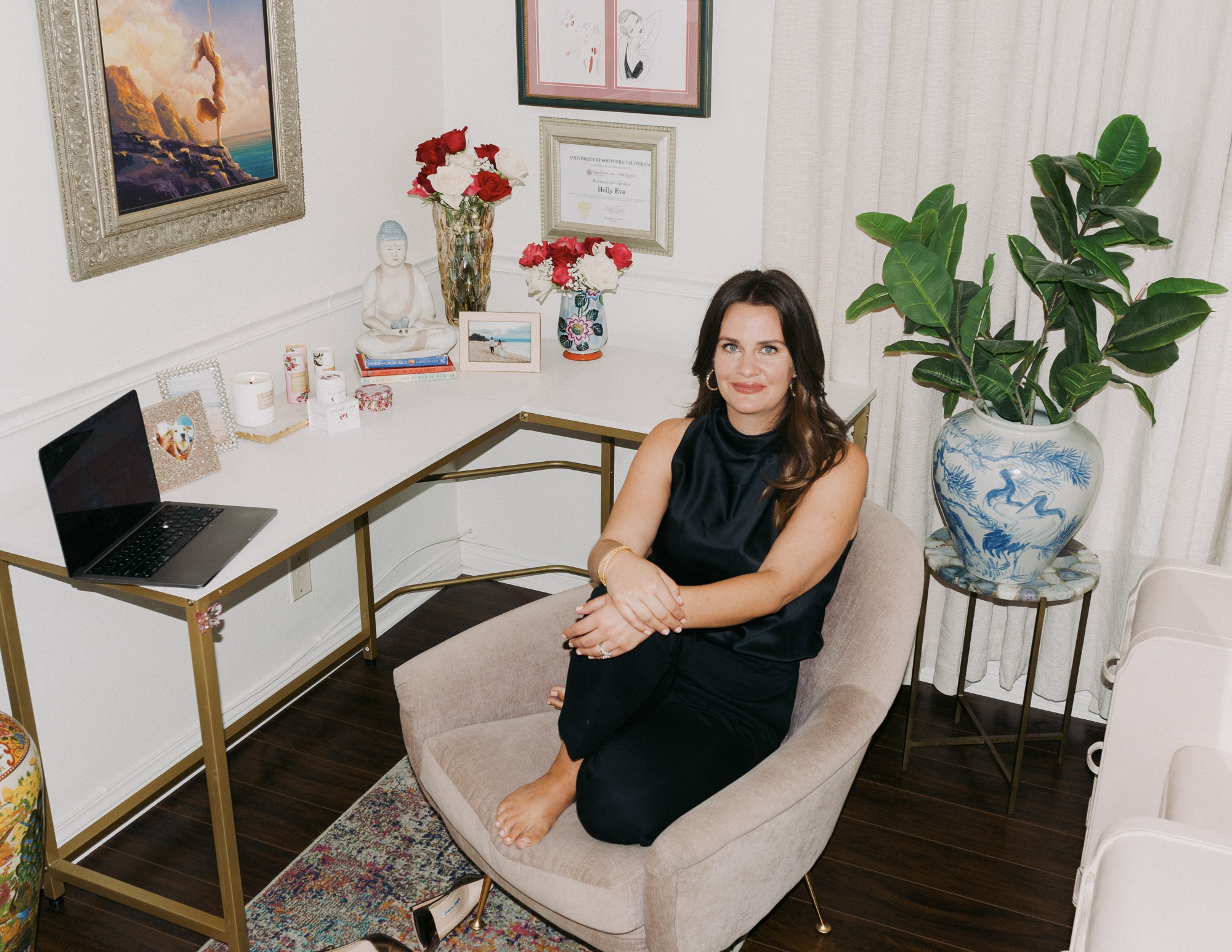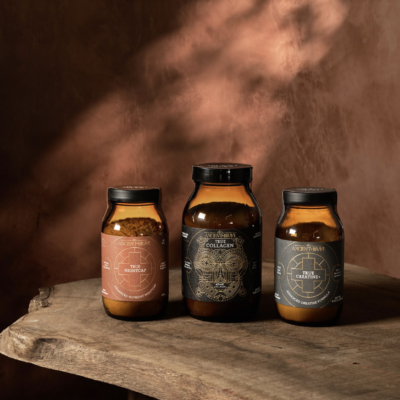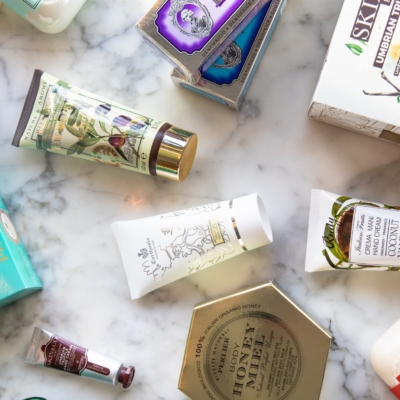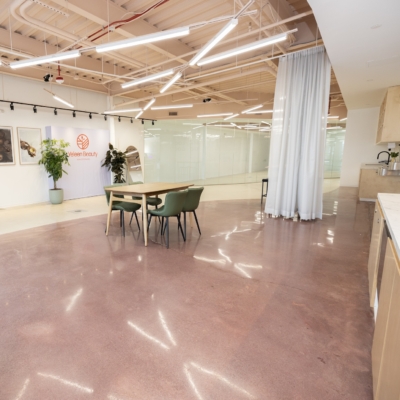
Madame Lemy Founder Holly Eve Shuts Down Brand To Protect Her Mental Health
In August, Madame Lemy was covered in The New York Times, but it wasn’t for the effectiveness of its natural deodorant body powders and sticks or the uniqueness of its vintage-inspired design. Instead, the brand’s big media exposure was the result of its American contract manufacturers quoting it 60% to 200% higher prices in the wake of President Donald Trump’s heightened tariffs.
“This just seems like a problem too large to solve,” founder Holly Eve told The New York Times. “It has completely wrecked my mental health.”
To save her mental health, Eve has decided to sacrifice her brand. Madame Lemy is closing, and its products are on sale for 50% online. The tariff-driven cost hikes were just the latest challenge taking a toll on the business and Eve’s mental state. In 2020, its packaging sank to the bottom of the ocean when over 1,800 containers traveling on ONE Apus from China to California went overboard, and the Apple iOS 14 update undercut the value of Madame Lemy’s advertising. Later, pandemic-related supply chain snags left Madame Lemy out of stock for six months. On top of that, contaminated batches from a major manufacturing partner caused roughly $250,000 in lost sales.
“It’s felt like that whack-a-mole game. You hit something and then something else comes up, and I think, if all of those things didn’t happen, and if things would’ve happened perfectly, this would be, without a doubt, a very successful business,” says Eve. In light of the barrage of troubles, she asked herself, “Do I want to keep living my life in this constant stress? Because there’s not been one day in the past several years that there hasn’t been something that has just stressed me out, and I thought, this is not worth what it was doing to me mentally.”

Madame Lemy was a success on many accounts. Eve launched the brand in 2018 with $60,000, and it’s achieved a seven-figure sales total in the years it’s been operational. While direct-to-consumer distribution was responsible for most of Madame Lemy’s sales, it also sold through every Central Market in Texas and a handful of spas. Macy’s and Urban Outfitters were among other retail partners.
From 2018 to 2021, Madame Lemy’s sales climbed 3,000%, according to a Beauty Independent interview in 2022. At its peak, the brand’s sales increased from $10,000 to $100,000 a month in large part due to Meta ads. “Our return on ad spend was anywhere from three to five consistently,” says Eve.
Looking back, Eve wishes she hired a CFO when Madame Lemy’s Meta ads took off. She hired two fractional financial professionals, but they weren’t the right fit. She reflects, “I wish that I would’ve brought on someone with experience who understood the importance of marketing instead of just trying to do it on my own.”
Eve resisted outside investment, and Madame Lemy remained bootstrapped. She doesn’t regret the self-funded path. However, she acknowledges the advantages of a different choice. She says, “I 100% see why people bring on partners and investors and maybe, if I did raise money, I wouldn’t be in this.”
“I decided no business or amount of money was worth risking my life.”
Eve is pivoting from brand founder to consultant for small businesses to educate fellow entrepreneurs from her learnings at Madame Lemy, and she’s returning to writing a memoir she’d sidelined as she focused on her brand. She started the memoir project after a 2018 suicide attempt followed by an accident nine months later when she was hit by a delivery van as she walked her dog.
Eve has struggled with depression on and off throughout her life, and mounting business pressures exacerbated the strain. She began feeling suicidal again late last year, which led her to seek help and solidified the decision to close Madame Lemy. Eve says, “You have a lot of identity connected to a business that you create and, when it’s not going well, it’s devastating, but I decided no business or amount of money was worth risking my life.”
To share her entrepreneurial and mental health experiences, Eve participated in a “Harvard Business Review” case study, guest lectured at USC and spoke at the Pace Center Community Action program for Princeton University. She plans to continue those efforts. “There are a lot of people struggling now, and they just need to hear that other people are, too, so they don’t feel alone,” she says. “I 100% believe that selling deodorant, as weird as it sounds, gave me this strange platform to talk about mental health.”
If you or someone you know is struggling or having a mental health crisis, call or text 988.




